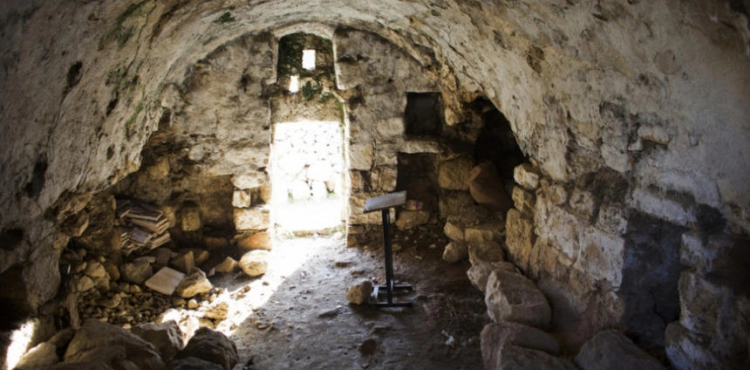The Director General of the Protection of Archaeological Sites at the Palestinian Ministry of Antiquities and Tourism, Saleh Tawafsha, accused Israel, on Friday, of waging a systematic war to plunder and trade in Palestinian antiquities, calling for international intervention to stop the Israeli “violations” in violation of international conventions and agreements.
Tawafsha told Xinhua that Israel had captured or attacked hundreds of archaeological sites since 1967, either by destroying or controlling them, or converting them into religious shrines for the Jews.
Tawafsha explained that 55 to 62 percent of Palestinian archaeological sites are located in areas classified (C) of the West Bank, which are subject to security control and Israeli administration.
He added that the Israeli authorities prevent the Palestinian side from any supervision or follow-up to these archaeological sites, which makes them vulnerable to looting and destruction.
He mentioned that there are about 7,000 archaeological sites in the borders of the Palestinian territories occupied since 1967, and that Israel has worked to convert dozens of them into religious sites and shrines for the Jews with the aim of Judaizing them.
Among the most targeted places for Judaizing antiquities are the eastern part of Jerusalem, the (Tel Rumeida) area in Hebron, the archaeological area in the town of (Sebastia) near Nablus, (Tal Fureidis) in Bethlehem, and (Tal Dotan) near Jenin, according to Rafting.
He explained that these archaeological sites are subjected to looting, destruction and illegal excavations "in violation of international law, which prohibits any occupying power from destroying, destroying or looting the heritage of the lands it occupies."
Tawasha also accused Israel of conducting illegal excavations in Palestinian archaeological sites in most areas that are not under Palestinian security control, as well as confiscating entire archaeological sites or seizing some artifacts in them.
Tawafsha criticized the "shortcomings" of international institutions concerned with preserving Palestinian antiquities, calling for more effective international intervention to stop Israel "tampering" with Palestinian archaeological sites.
Last month, the Palestinian Authority accused Israel of confiscating an ancient baptismal stone from the town of Tuqu ´, southeast of Bethlehem, dating back to the Byzantine period, about 1,600 years ago.
At the time, the Palestinian Ministry of Tourism and Antiquities confirmed that the stone is an octagonal, pink-colored stone with ancient drawings and writings and carved crosses, accusing the Israeli authorities of intensifying the "theft" of antiquities in Palestine.












